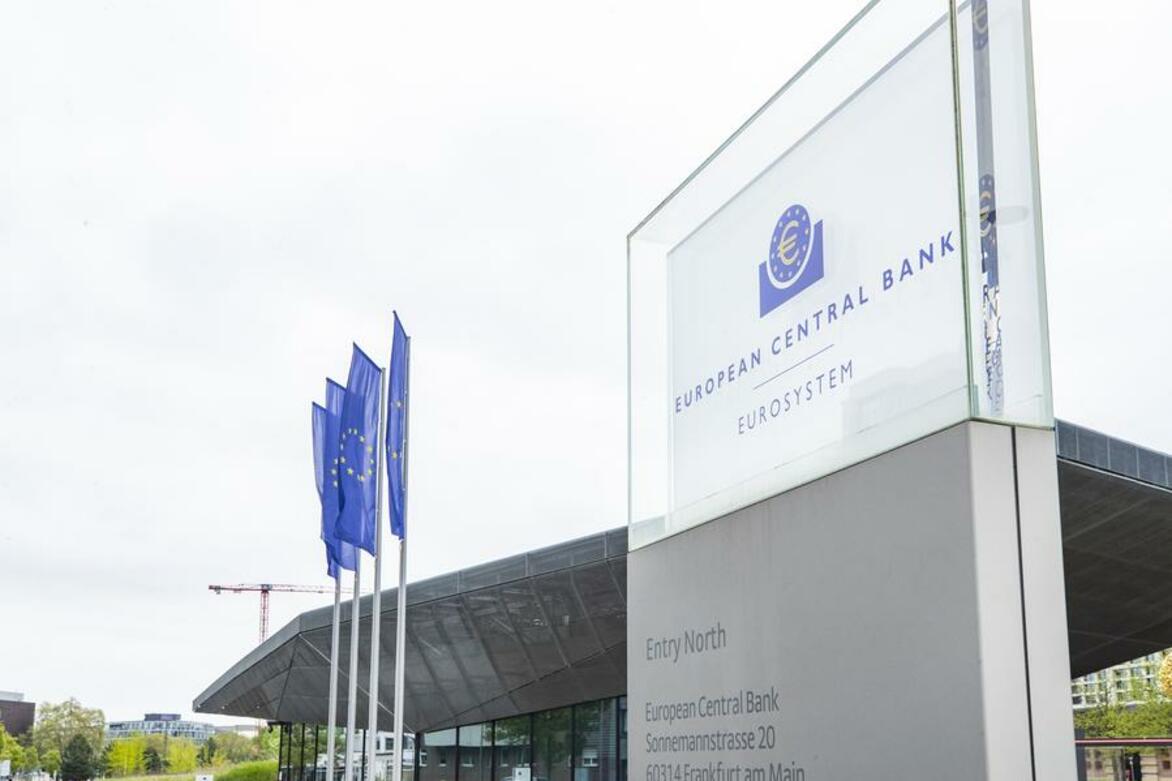ECB report highlights rise of gold as second-largest reserve asset
Xinhua
12 Jun 2025

Bullion made up around 20 percent of the official global reserves at the end of 2024, while the euro had a share of about 16 percent, according to the ECB report published on Wednesday.
FRANKFURT, June 12 (Xinhua) -- Gold surpassed the euro to become the second-largest global reserve asset in 2024, as central banks around the world accelerated their gold accumulation, the European Central Bank (ECB) has said in a report.
Bullion made up around 20 percent of the official global reserves at the end of 2024, while the euro had a share of about 16 percent, according to the ECB report published on Wednesday. In terms of global official holdings of foreign exchange reserves, the euro's international role remained stable, with a share of 20 percent in 2024.
Meanwhile, the global holdings of gold by central banks surged to 36,000 tons, edging up towards the historical high of 38,000 tons reached in 1965, the ECB said.
Gold prices have also reached new highs, and when valued at market prices, gold has become the second-largest reserve asset globally.
Central banks continued to accumulate gold at a record pace in 2024, adding more than 1,000 tons to their reserve assets in 2024. The growing demand for gold by central banks started in 2022, when the Ukraine conflict broke out, and has remained high ever since.
According to a survey cited in the ECB report, central banks accelerated gold purchases primarily to diversify their reserves and hedge against geopolitical risks.
The rise of gold as a reserve asset coincided with the fall of the U.S. dollar. In 2024, the share of the dollar declined to 57.8 percent as a reserve currency globally, the lowest level since 1994.
The trade policies adopted by the U.S. administration have also raised further questions about the dollar's dominance this year.
The dollar has weakened even as Treasury yields have risen, amid market concerns over U.S. tariff policies. "This surprising disconnect suggests that international investors are losing confidence in the safety of dollar-denominated assets, and the dollar itself," said a report published by Stanford Graduate School of Business.
According to the ECB, "the highly unusual cross-asset correlations" resulting from U.S. tariff policies present a window of opportunity to strengthen the global role of the euro.
"In the history of the international monetary system, there are moments when the foundations that once seemed unshakeable begin to shift," said ECB President Christine Lagarde in a speech in Berlin at the end of May.
Lagarde called on European countries to take the opportunity to "defend and uphold global confidence" in the euro.
